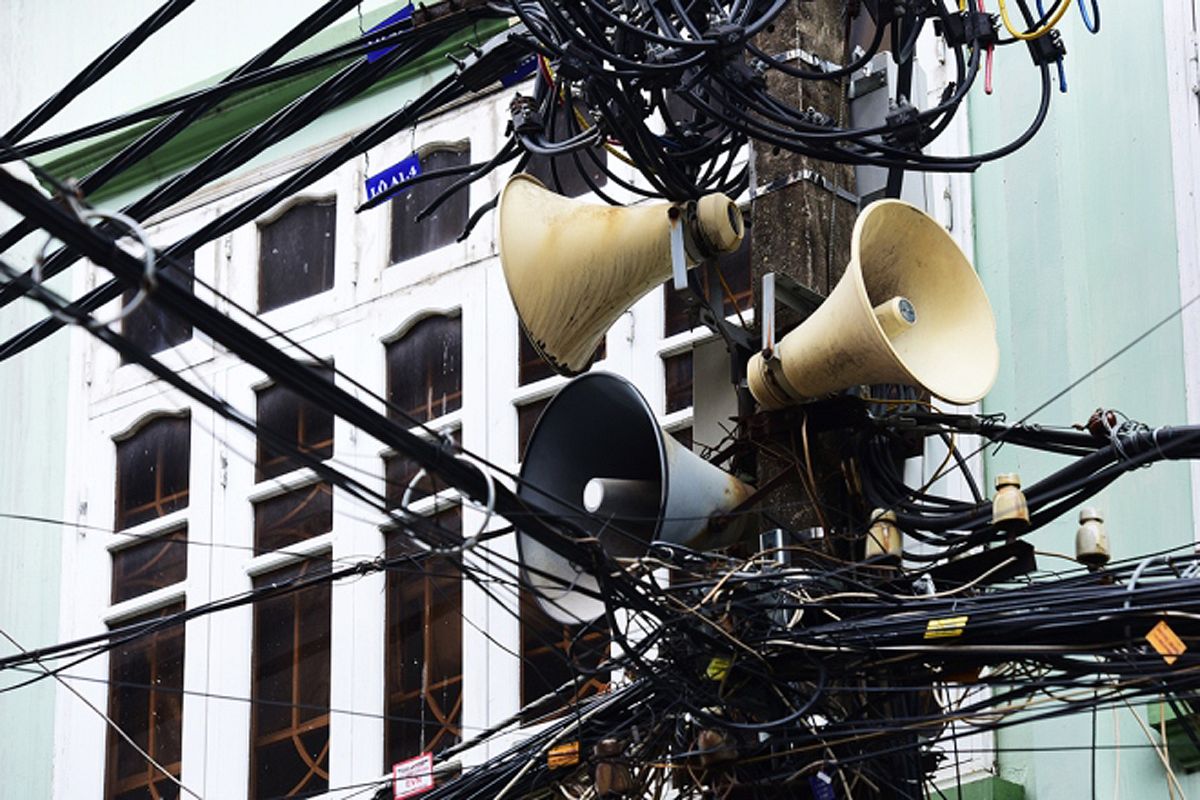Although there are still issues surrounding gender roles and perceptions of women in Vietnam, the country is in some ways more progressive than its regional neighbors when it comes to gender diversity in leadership positions.
With women holding 17.6% of board seats in the country, higher than the global average of 15%, and running 25% of the country’s small and medium-sized enterprises (SMEs), Vietnam currently outperforms other Southeast Asian countries in some aspects of gender equality.
Comparatively, in more developed nations like Singapore and China, women hold roughly 9% of board seats, and across Southeast Asia, only 8% of SMEs are female-owned and -operated. A recent Mekong Business Initiative (MBI) report encouraged raising awareness, educating young people about the importance of sharing the household burden between women and men, and fostering a cultural environment that doesn’t discriminate against female entrepreneurs.
Despite Vietnam’s overall performance, however, gender discrimination in the workplace continues to be an issue.
Huong Tran, owner of beauty retailer Epomi, faced resistance when she was searching for investors in 2014. She said in a TechCrunch article: “They [members of a leading international venture capital firm in Vietnam] told me that women are too emotional to run a business and they don’t like investing in them.”
These stereotypes, coupled with sexual harassment, can make it difficult for women to receive the encouragement and funding necessary to get their projects off the ground.
Still, with the highest rates of workplace gender diversity in Asia, many Vietnamese women do excel. Le Hong Thuy Tien, president of Imex Pan Pacific Group and a member of Vietnam’s new middle class, told The Guardian: “I studied every aspect of business from A to Z so I could compete at the highest level.”
The MBI report also stated that SMEs throughout Vietnam tend to be in the services sector. In general, female-run SMEs hire more female employees than their male-owned counterparts and tend to be more environmentally friendly.
Women-owned companies thrive in certain areas, but they are underrepresented in other fields, such as information technology and STEM (science, technology, engineering and mathematics) industries. A number of initiatives, such as MBI’s Women’s Initiative for Startups and Entrepreneurship, are under way to help level the playing field.
[Photo via US Embassy in Vietnam]















